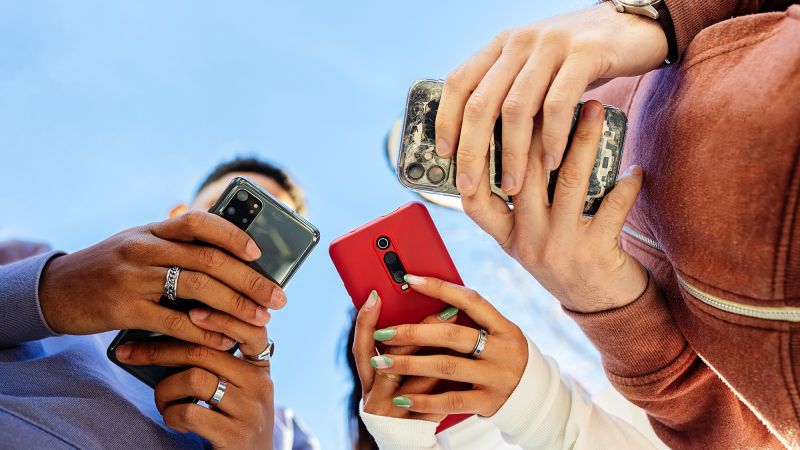
Influencers are playing a big role in this year’s election. There’s no way to tell who’s getting paid for their endorsements
CNN
Partnerships with influencers have become an increasingly popular campaign strategy. But a regulatory gap means that unlike political ads that run on TV — or typical sponsored content that influencers post for brands — content creators are not required to disclose if they’ve been paid to endorse a candidate or speak about a political issue on their page.
“There are only 22 days more to vote, so like seriously go vote … it’s so important to me that we mobilize our community to Pokémon Go to the polls,” influencer Mikey Angelo, who’s known online for his comedic rap videos, said in a recent Instagram video. Angelo was paid by a Democratic political action committee for the post, a fact that’s clearly noted in the caption. But he didn’t legally have to disclose the relationship. Partnerships with influencers have become an increasingly popular campaign strategy. But a regulatory gap means that unlike political ads that run on TV — or typical sponsored content that influencers post for brands — content creators are not required to disclose if they’ve been paid to endorse a candidate or speak about a political issue on their page. A campaign can post a video on its own platforms and then pay an influencer to promote it, or pay an individual to create his or her own promotional material for a candidate, without the campaign or influencer having to disclose anything, the Federal Election Commission determined earlier this year. That means users are often left to try to judge for themselves which posts are paid endorsements versus creators’ genuine, freely shared expressions of support when they’re mixed together in feeds — along with the regular collection of normal posts and non-political #sponcon — sometimes, with no indication of which is which. And that could further complicate an already muddy information ecosystem, at a time when nearly 40% of young Americans say they regularly get their news from TikTok and when US adults under 30 are nearly as likely to trust information from social media as from national news outlets, according to the Pew Research Center.













